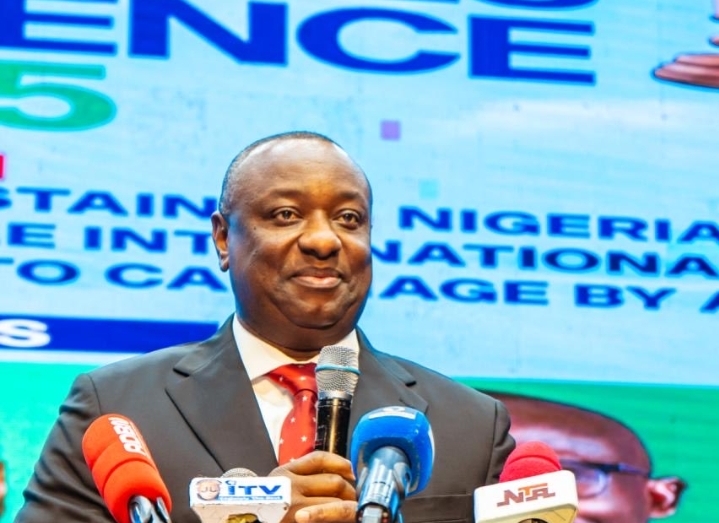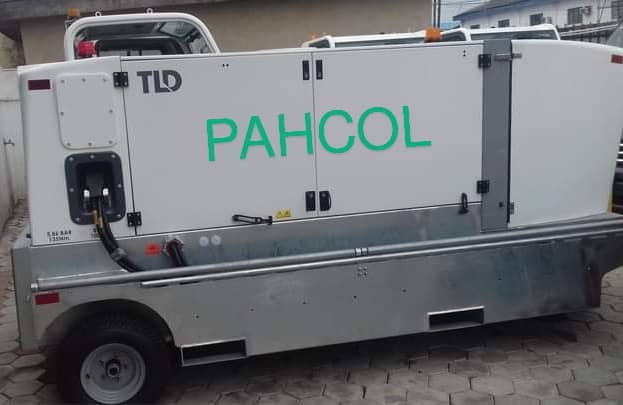Nigeria’s aviation sector may witness major disruptions from Thursday as workers of the Nigerian Meteorological Agency (NiMet) commence an indefinite strike over poor wages and the non-implementation of their Conditions of Service (CoS).
The industrial action, jointly declared by aviation unions, is expected to ground weather observation and reporting services critical to flight operations nationwide.
NiMet plays a vital role in ensuring aviation safety through the provision of real-time weather information, meteorological briefings, and forecasts for airlines, pilots, airports, and Air Traffic Controllers (ATCs).
Our correspondent gathered that some professional bodies, including ATCs and sister unions, may join the NiMet workers in solidarity.
A Notice to All NiMet Workers dated October 17, 2025, and titled ‘Non-Implementation of Agreement – Withdrawal of Services,’ obtained by The Guardian, indicated that the decision to down tools was taken after repeated appeals to the management failed.
The notice was jointly signed by Comrade Odinaka Igbokwe, General Secretary of the National Union of Air Transport Employees (NUATE); Comrade Alo Lawrence of the Amalgamated Union of Public Corporations, Civil Service Technical and Recreational Services Employees (AUPCTRE); and Comrade Abdulrazaq Saidu of the Association of Nigerian Aviation Professionals (ANAP).
The unions also copied the Minister of Aviation and Aerospace Development, Festus Keyamo and the Director-General of NiMet, Prof. Charles Anosike.
The letter read in part: “Considering the extremely poor remuneration of NiMet workers compared to their counterparts in other aviation agencies, we are compelled to heed the cries of the workers for relief.
“This decision was taken at the joint congress of workers held with the national secretaries of the unions on October 16, 2025, in Abuja. Accordingly, all NiMet workers are hereby directed to withdraw their services effective Thursday, October 23, 2025, unless otherwise directed by the unions following an amicable resolution of the issues.”
The unions’ demands include salary relativity, implementation of the new minimum wage, payment of nine months’ arrears of consequential adjustment, and a 25–35 per cent wage award alongside peculiar allowances.
Other grievances cover subsistence benefits, annual staff training, contract staffing, the engagement of special advisers and assistants in NiMet, as well as a review of the agency’s salary structure and CoS.
Although the Aviation Minister, Festus Keyamo, had earlier intervened in the matter—leading to resolutions between the parties—the unions alleged that nearly a year later, none of the agreed terms have been implemented






